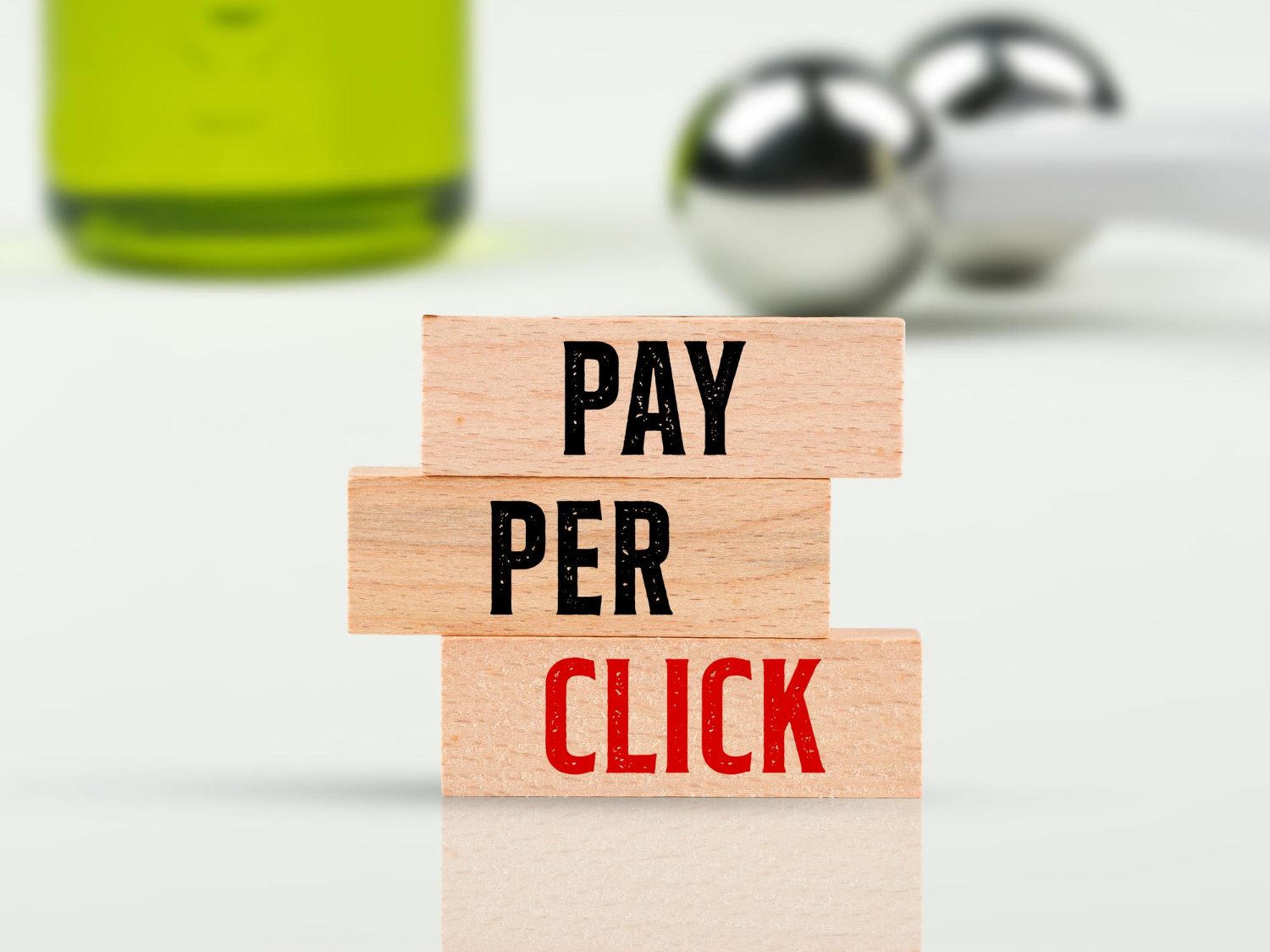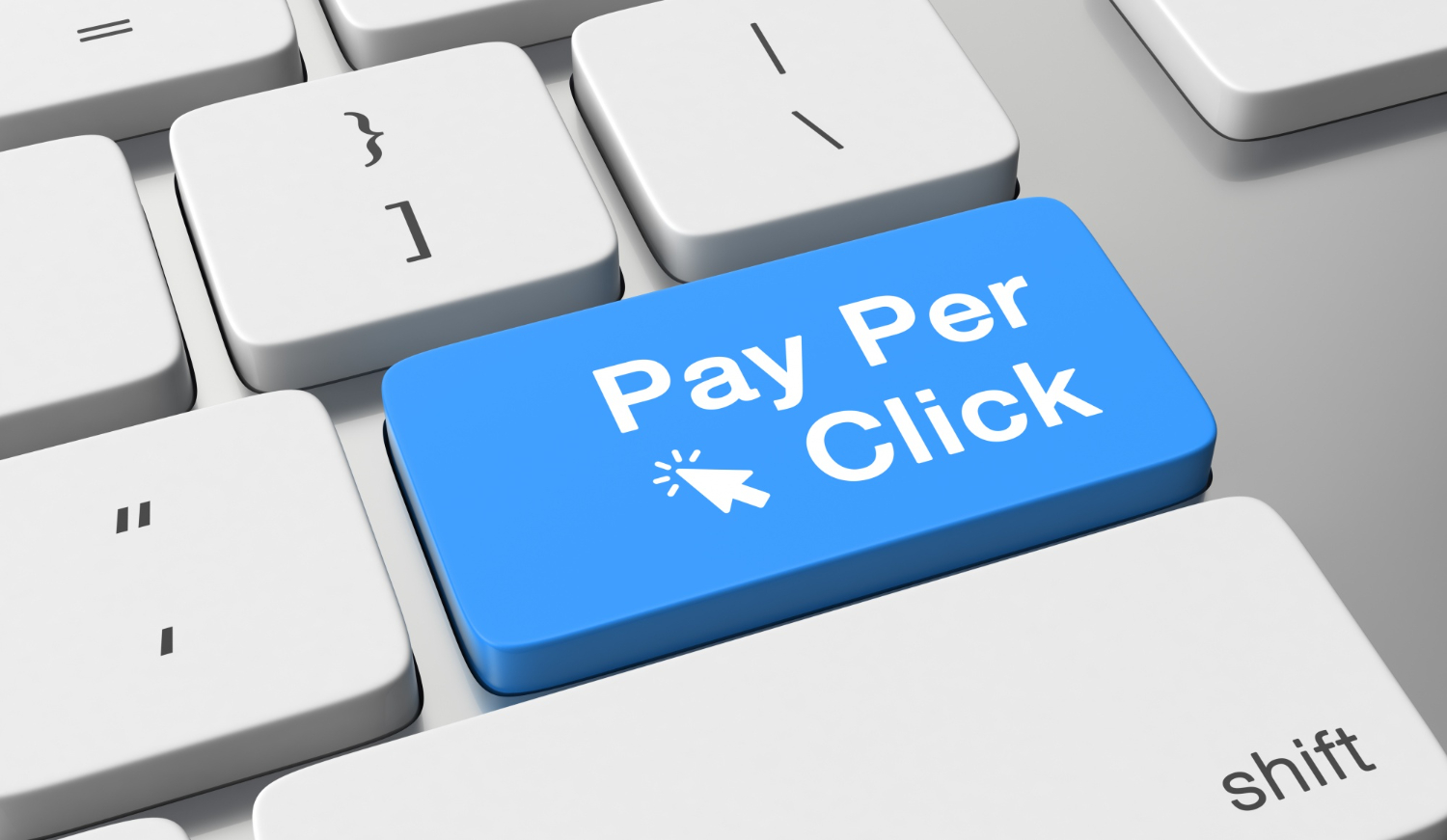I remember when I first dipped my toe into the world of PPC campaigns—I was running a small online store from my garage in Brisbane, trying to compete with big-name brands on a shoestring budget. At the time, the idea of paying for every click made me anxious. What if people clicked but didn’t buy? What if I wasted my money?
It turns out I wasn’t alone. One of the most common concerns I hear from folks getting started is: How do I ensure I’m not throwing money down the drain? The good news is that you can run successful PPC campaigns without being a marketing expert or spending a fortune.
Let me explain exactly what’s worked for me—with real talk, no jargon, and advice that actually makes sense.
What Even Is a PPC Campaigns?
Alright, let’s not overcomplicate this. PPC stands for “pay-per-click,” meaning you only pay when someone clicks your ad. It’s like buying attention—whether on Google, Facebook, Instagram, or YouTube.
Most people think PPC is only for big companies, but it’s one of the most powerful tools for small businesses and side hustlers. It brings in steady traffic, qualified leads, and even loyal customers.

Why I Started Running PPC Campaigns
My organic posts were getting lost in the crowd. No matter how much I posted on social media or tweaked my website’s SEO, it was tough to get seen. PPC Campaigns gave me that initial spark—the boost I needed to quickly get my products in front of the right eye.
Plus, the results were trackable. I could see what was working and tweak what wasn’t.
Common Questions I Get Asked
Before we dive into the how-to, here are a few real questions people often ask me:
- Is it expensive to run PPC campaigns?
- Not if you’re smart about targeting and budgets. I started with $5 a day.
- Do I need a fancy website first?
- Nope. Just a landing page that clearly says what you do and what action you want the visitor to take.
- What platform should I start with?
- It depends on where your audience hangs out. I started with Google Ads, but Facebook worked wonders for a friend of mine who sells handmade surfboards.
My 6-Step Guide to Running Effective PPC Campaigns
Let’s get into the nitty-gritty—these are the steps I still follow every time I launch a new campaign.
- Know Who You’re Talking To
I made this mistake early on—writing ads for everyone. Big no-no. Now, I build a simple customer profile:
- Age
- Interests
- Where they live
- What they’re searching for
- What problem do I solve for them
Be specific. It makes all the difference.
- Choose the Right Platform
Here’s my quick cheat sheet:
- Google Ads: Great for people actively searching for something.
- Facebook/Instagram Ads: Perfect for visual products or raising awareness.
- YouTube Ads: Brilliant for tutorials, courses, or anything you can show off in action.
Pick one to start. Learn it well. Don’t spread yourself thin.
- Set a Budget You’re Comfortable With
You don’t need to go all-in straight away. I usually start with $10/day weekly and review what’s happening. Watch your cost-per-click (CPC), click-through rate (CTR), and conversions—not just impressions.
Tip: Never “set and forget.” PPC Campaigns is like a garden. It needs checking, watering, and pruning.
- Write Ads That Sound Human
This is where I get my creative fix. I write as if I’m talking to a friend. Something like:
“Need reliable plumbing fast? We’re local, affordable, and turn up on time.”
I test different versions of headlines and copy. Usually, the simplest ones perform best.
Make sure to include:
- Clear value (what’s in it for them?)
- A strong call to action (e.g. “Get a free quote” or “Order now”)
- Send People to a Page That Makes Sense
Don’t send ad traffic to your homepage unless that’s where the action happens. I create simple landing pages with the following:
- One clear message
- No fluff
- An obvious button (“Buy now”, “Book a call”, etc.)
A cluttered page kills conversions.
- Track Everything Like a Hawk
Here’s what I keep an eye on:
- CTR (Click-Through Rate): This tells me how appealing my ad is.
- Conversion Rate: Tells me how persuasive my landing page is.
- Cost Per Conversion: Shows if I’m getting bang for my buck.
If something’s not working, I tweak it—the headline, the image, or the offer itself.

Personal Wins: Real Results from My PPC Campaigns
I once helped a mate who runs a mobile dog grooming business in Sydney. He was struggling to get bookings. We whipped up a Google Ad with the headline:
“Mobile Dog Grooming in Sydney – Affordable & Friendly Service”
With just $100, he got 14 new clients. That’s real money and real results.
Simple Tips That Make a Big Difference
Sometimes, it’s the small stuff that makes your PPC campaigns sing. Here are a few things I swear by:
- Use keywords in your ad copy and landing page.
- (Yes, even “PPC campaigns” if that’s what they’re searching for!)
- Don’t be afraid to pause underperforming ads.
- It’s not a failure—it’s learning.
- Refresh your creativity every couple of weeks.
- People get tired of seeing the same ad. Keep it fresh.
- Write like a real person, not a robot.
- Ditch the corporate tone. Aussie readers appreciate honesty and straight talk.

Visuals Matter Too
I can’t stress this enough—if you’re running image or video ads, they must be clear, bright, and relevant. No stock photo of a smiling woman in an office if you’re selling lawn mowing services.
Even better? Use a short video of you doing your thing. Real people trust real faces.
Make sure every image has alt text with your keywords. For example:
Image: Happy customer after successful PPC campaign results
Let’s Talk: What’s Holding You Back?
Running PPC campaigns doesn’t need to be overwhelming. If you’ve been sitting on the fence, this is your sign to give it a crack.
Have a question about your campaign? Drop it in the comments—I read every single one. If you found this helpful, I’d love it if you shared it with a friend who’s also trying to grow their business online.
Final Thought
Don’t wait for perfection. Start small, test lots, and learn fast. PPC campaigns aren’t a magic bullet, but when done right, they’re a powerful tool for growing your business.
And hey—if a girl from Brisbane can figure it out in her garage, I reckon you can too.

